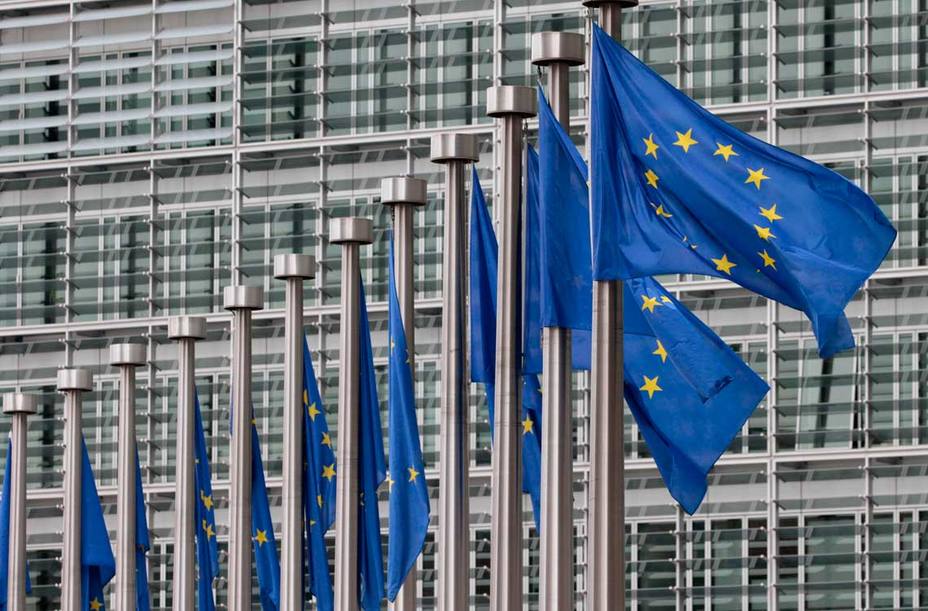Who supports Edmundo’s recognition?

The political groups in the European Parliament are preparing their contributions to the debate and the resolution that they will vote on in plenary session next week on the political crisis in Venezuela, with disagreements over the recognition of the opposition candidate in the last presidential elections, Edmundo Gonzalez Urrutia.
The European Parliament will debate the issue on Tuesday at the request of the European People’s Party (EPP), Socialists and Democrats (S&D), Patriots and Renew Europe groups, parliamentary sources told Efe, and a resolution on the matter will be voted on Thursday.
The EU refuses to recognise Nicolás Maduro as demanded by the country’s authorities, due to the lack of evidence because not all the electoral records have been published.
On Sunday, on the occasion of González Urrutia’s exile in Spain, the EU’s High Representative for Foreign Affairs, Josep Borrell, said: “Edmundo González appears to be the winner of the presidential elections, by a large majority, according to the copies of the electoral records available to the public.”
Divergences between groups
Although the political groups in the European Parliament will seek to agree on a common resolution to be put to a vote – they have until Wednesday at noon to present it – they start from very different positions regarding the recognition of González Urrutia.
The EPP’s resolution proposal “will be similar to the one presented by the PP in Madrid or even tougher,” EPP spokesman Pedro López de Pablo told Efe today.
The Spanish Congress of Deputies, at the proposal of the Popular Party – and with the support of the extreme right and nationalist groups, urged the government of Pedro Sánchez on the eve to recognize the opposition leader Edmundo González Urrutia as the winner of the elections in Venezuela.
Sánchez received González Urrutia today in the midst of an escalation of tension with the government of Nicolás Maduro and told him that Spain will continue working “in favor of democracy, dialogue and fundamental rights” of the people of the South American country.
In a meeting with journalists today, the president of the Socialist and Democrat Group, Iratxe García, accused “some delegations” of the EPP, in reference to the Spanish Popular Party, of using the Venezuelan crisis to “open a political battle” in the EP.
“Some EPP delegations will use the same strategy as they have done over the past five years, that is, they will use certain issues, such as Venezuela, to open a political battle within the EP,” said Garcia.
The socialists in the European Parliament
The Spanish socialist announced that the group she leads will maintain a different approach to the political crisis in Venezuela.
“We will not do that; we are here to support democracy and the Venezuelan people. We will work together with other groups to have a solid resolution,” Garcia stressed.
He also anticipated that the resolution proposal that will be put on the table from his ranks will be in the direction of defending “democracy, human rights and Venezuelan citizens.”
Sources from the group said that the Socialists and Democrats will not support a resolution asking the EU to recognise Edmundo González as president of Venezuela because doing so would go against the position of the Union and could affect the negotiations underway to find a solution between the parties.
Furthermore, the sources added, international law does not recognise governments, but rather states, according to the Estrada doctrine.
They pointed out that the fact that González is not recognized does not mean that they accept the legitimacy of Nicolás Maduro, since it has not been proven that he won the elections.
The liberal group of Renew Europe is in the middle of the spectrum, where EAJ-PNV MEP Oihane Agirregoitia has promoted a resolution calling for Edmundo González to be recognised as the winner of the Venezuelan presidential elections.
The group plans to use this resolution to denounce the seriousness of the political situation in the South American country following the elections..
Independent journalism needs the support of its readers to continue and ensure that uncomfortable news that they don’t want you to read remains within your reach. Today, with your support, we will continue working hard for censorship-free journalism!
